The Stream side Farm walk is a very lively place where you are able to meet and hand feed our friendly Farm Animals. Traditional farming stock are contrasted by examples of more recently farmed animals.
Winding through open pasture areas alongside the Ngongotaha trout stream, the walkway is wide with viewing areas for you to enjoy the beautiful setting.
New Zealand has no native livestock, but a wide range of animals have been imported. Farming is New Zealand's primary industry, and our products are exported across the world.
The Ponui is New Zealand's only breed of feral donkey. Three were introduced to Ponui Island in the Hauraki Gulf during the 1880's.
Donkeys are not generally working animals in New Zealand, but are used as pets or for showing. Donkeys are a very friendly and sociable animal.
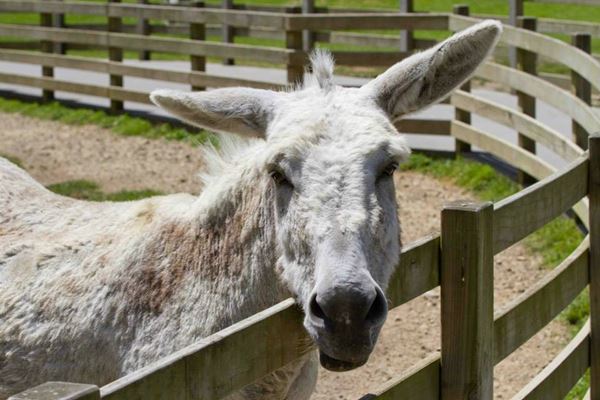
Goats were introduced by early settlers to be used as a source of food, then later for weed control and farming purposes.
Goat farming was popular in New Zealand from the 1970's-1990's, and is again giving positive returns to farmers from the sale of meat and fibre.
Angora goats produce the luxury fleece known as Mohair, and are shorn twice a year. We have named our Angora goat 'Mo'
Boer goats developed in South Africa from an indigenous breed with the addition of some European, Angora and Indian breeds. The name comes from the Dutch word boer meaning farmer and was used to distinguish them from Angora goats. Our Boer goats are mother and daughter, and two of the most friendly animals in our park.
British Alpine goats were developed in England in the early 1900's from mostly unknown origins. They are one of the five breeds of dairy goat in New Zealand, imported in 1956. Our two large British Alpines can be found in our mixed farm animal paddock.
Feral goats are found throughout the country. They are classed as a pest as they eat a wide variety of our vegetation. By eating smaller shrubs in our native bush, the forest floor is opened up to create a suitable habitat for possums, and less suitable for our natives like the kiwi. We have some of our friendly feral goats living in the park for you to meet, while the rest do a great job eating all the weeds on our surrounding farmland.
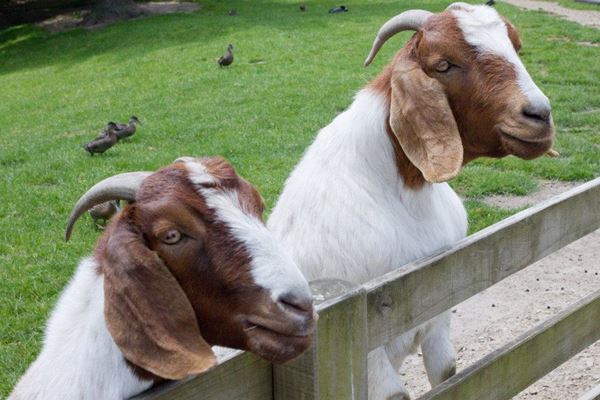
Suffolks were the result of crossing Southdown rams with Norfolk Horned ewes. In 1913 one ram and six ewes were imported to Canterbury to meet requirements in the meat trade - high flesh to fat ratio. Suffolks are now the most dominant sheep meat breed in the world.
Their wool is bulky and has excellent thermal qualities for use in bedding and garments.
Alpaca farming is a growing industry in New Zealand, and they are becoming more common on lifestyle blocks. They are valued for their luxurious fleece which is lighter and silkier than wool.
Alpacas originate from South America, and have been bred there for thousands of years. There are two types of Alpacas - 'Huacaya' with a thick dense fleece and 'Suri' with long silky fleece.
We have two Huacaya Alpacas on display at Paradise, named Marshall and Umaga. We also have a Suri Alpaca called Howlett, who lives on our farm nextdoor.
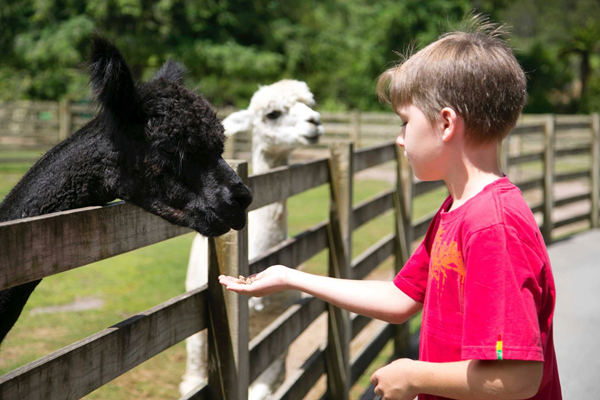
Native to Australia, Emu farming was introduced to New Zealand over a decade ago. They are farmed for their meat, and oil which is used in skincare products.
The Emu is the second largest living bird, and belongs to the Ratite family - along with birds like the Kiwi.
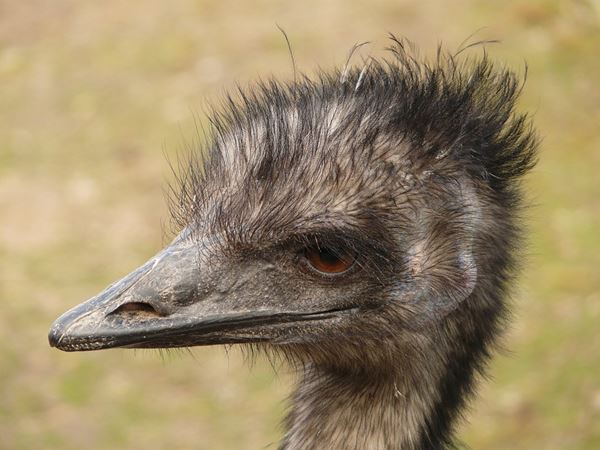
Miniature Horses were introduced to New Zealand in the 1980's. They are no more than one metre high at the shoulder, and come in all colours.
With their gentle temperaments they make great pets. They are also used for showing, and are most prized for the smaller they are - in proportion to full-sized horses.
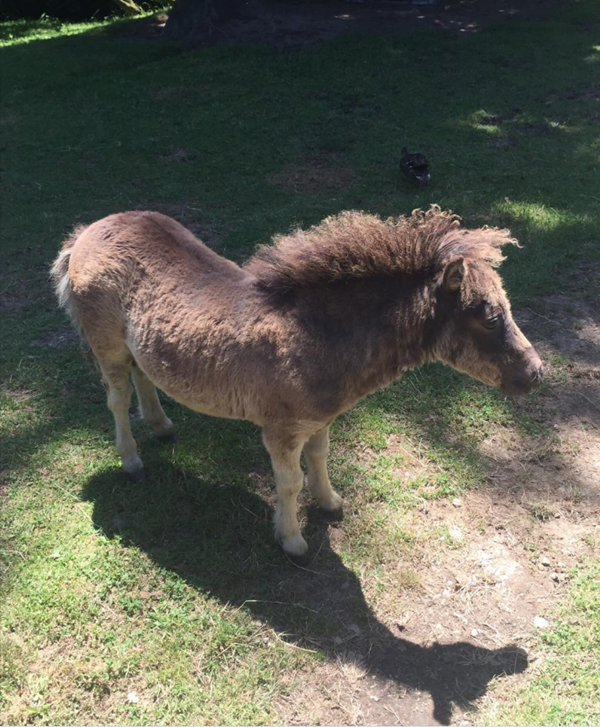
Stay in touch
Sign up to receive new offers & promotions
Contact Us